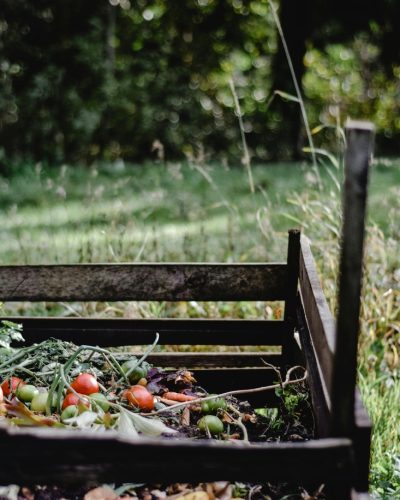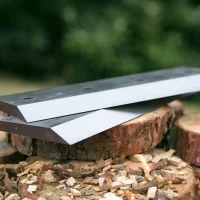
Creative Ways to Use Mulch in Your Garden
January 9, 2025
Types of Wood for Landscaping: Top Picks for Outdoor Projects
January 16, 2025Creating compost quickly requires using the right techniques and materials. With a few simple steps, you can learn how to make compost fast and create nutrient-rich soil in no time. Follow these proven tips for faster composting success.
Choose the Right Composting Materials
Start by gathering green and brown materials. Greens include kitchen scraps, grass clippings, and coffee grounds. Browns consist of leaves, cardboard, wood chips, and straw. Always maintain a balance between these two types. Using equal parts helps ensure proper aeration and moisture control.
Chop Materials into Smaller Pieces
Next, break down materials before adding them to your bin. Smaller pieces of organic matter decompose faster because they have more surface area exposed to microbes. Shred leaves or chop kitchen scraps for quicker results.
Maintain Proper Moisture Levels
Always keep your waste pile moist but not soaked. The texture should feel like a wrung-out sponge. Adding too much water slows decomposition and creates unpleasant odors. If the pile dries out, add a little water while turning the materials.
Turn the Compost Regularly
Frequent turning introduces oxygen, which speeds up decomposition. Turn your compost every few days to encourage faster breakdown of materials. Regular mixing also prevents odor buildup and keeps temperatures consistent throughout the pile.
Use a Compost Activator
To jump-start the process, sprinkle in a compost activator or add nitrogen-rich materials like manure. These additions boost microbial activity, helping your compost break down faster. You can also use finished fertilizer as a natural activator.
Monitor the Temperature
A hot compost pile decomposes faster. The ideal temperature range is between 135°F and 160°F (57°C to 71°C). If the temperature drops, turn the pile or add more green materials to reignite microbial activity.
Keep the Pile Size Optimal
Lastly, maintain a compost pile that’s at least 3 feet high and wide. Larger piles retain heat better, speeding up decomposition. However, overly large piles can be challenging to manage.
By following these tips, you can create high-quality fertilizer quickly and efficiently. Start today to enrich your garden soil naturally!


